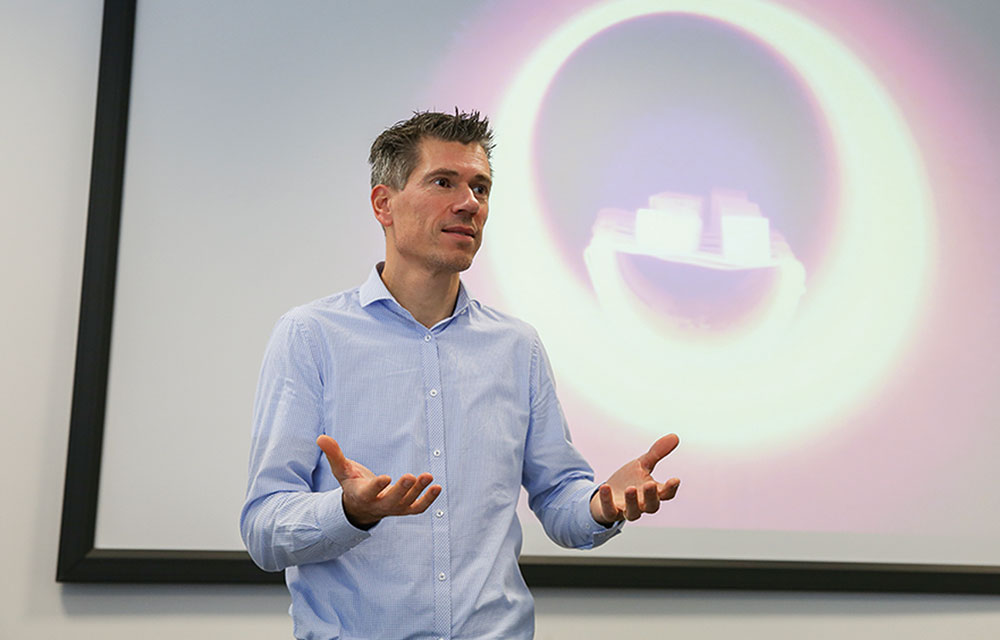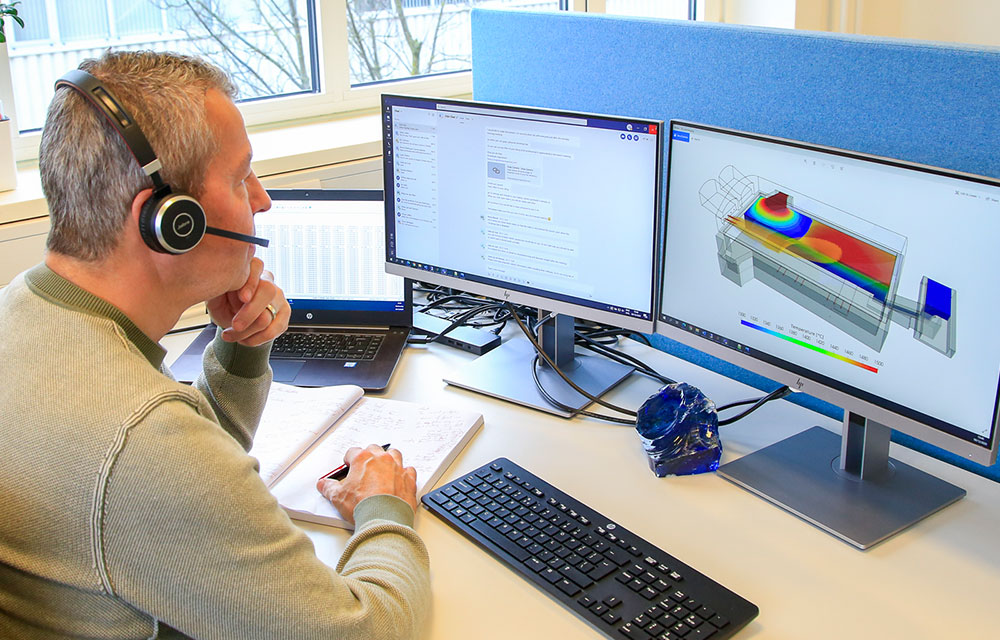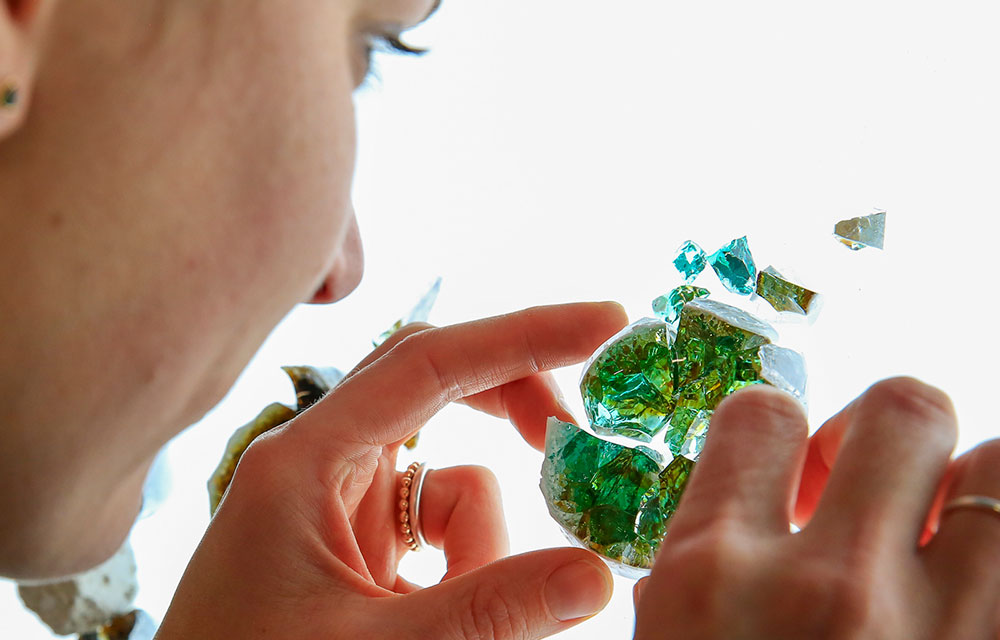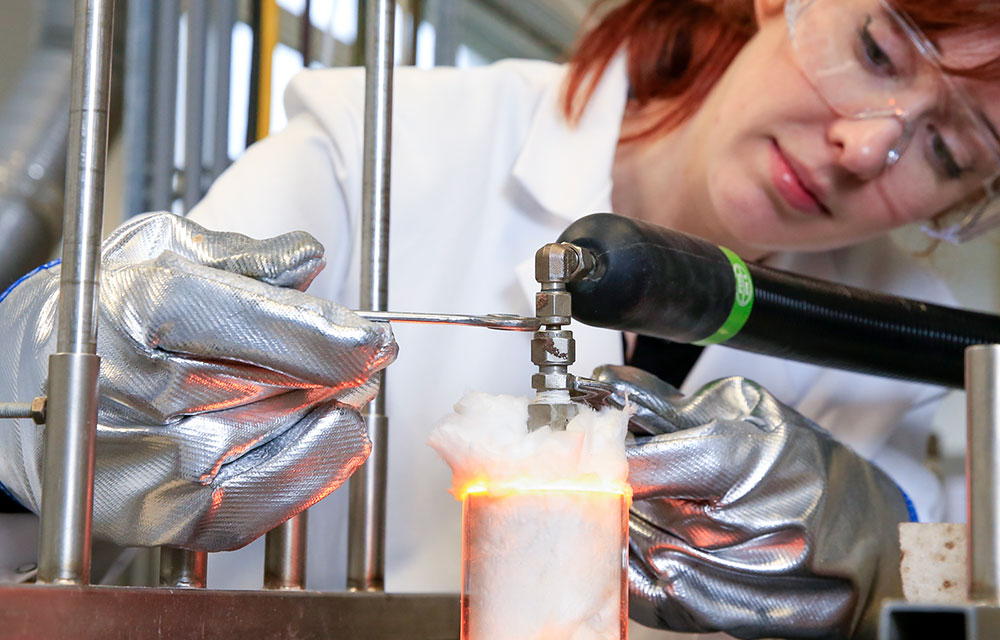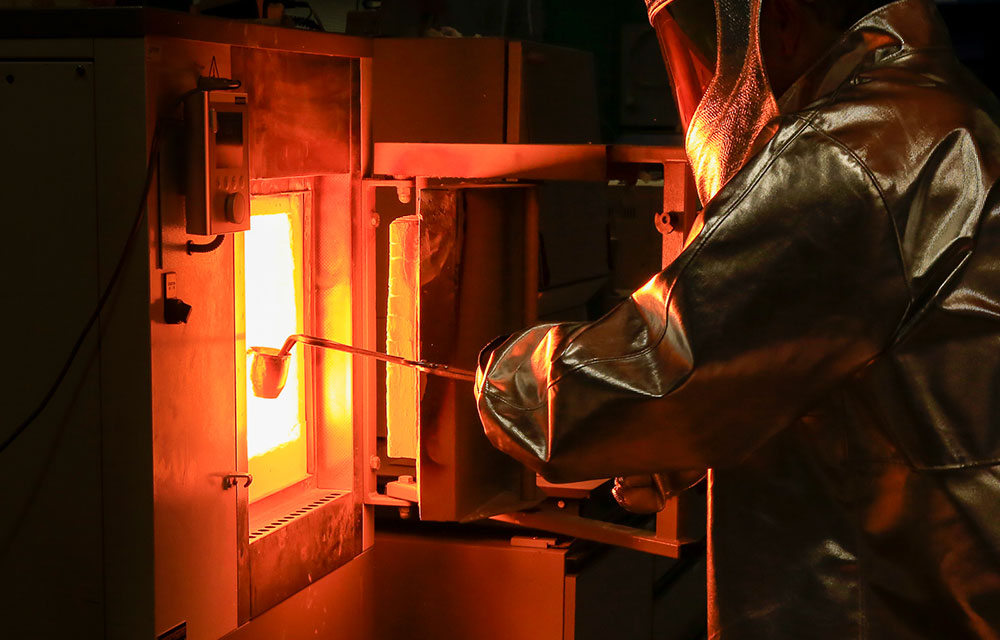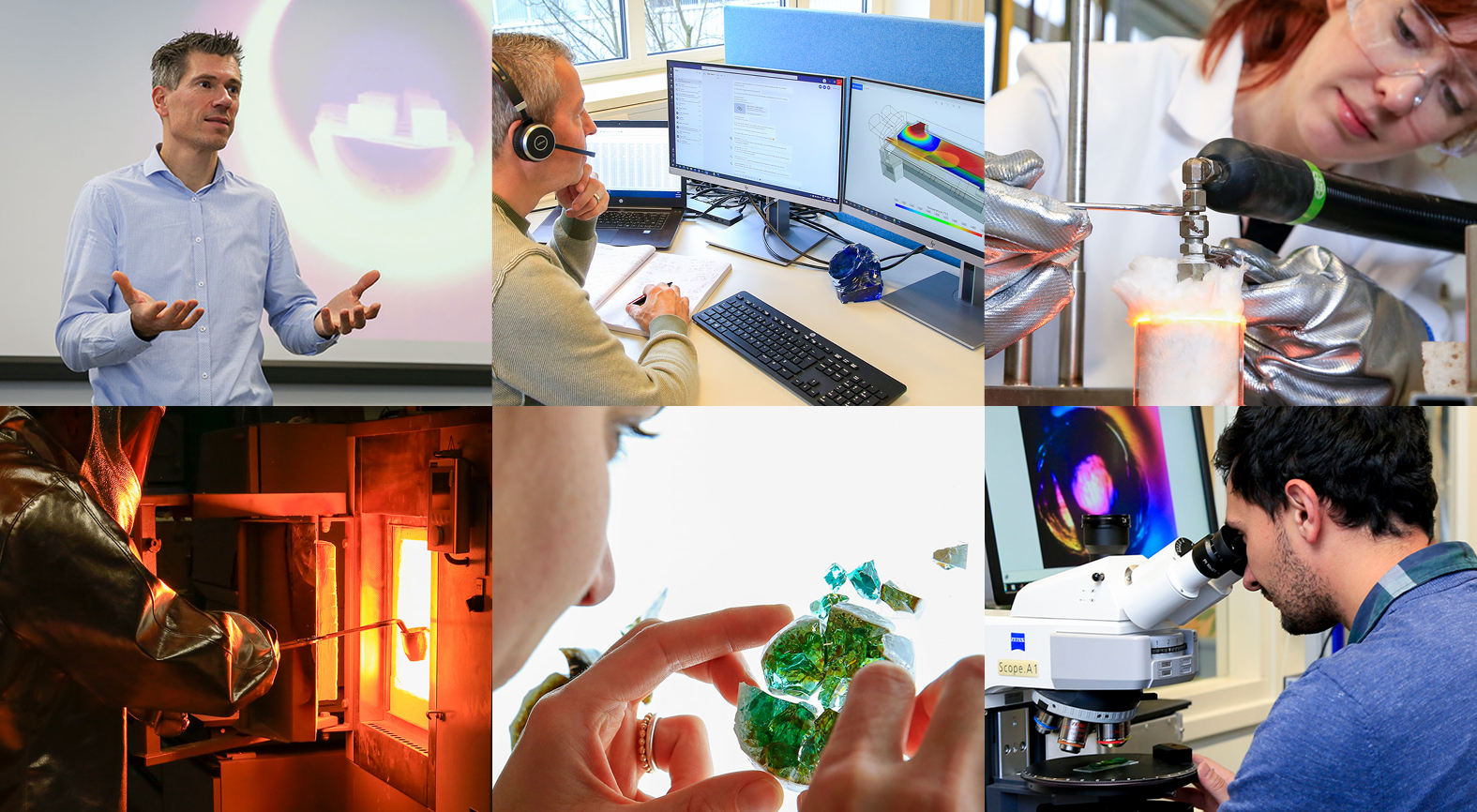We offer our trainings both in-class and online, and in English, German, French, Dutch, Chinese and Japanese
Originally started in 1990, our Glass Technology Training course has been attended by more than 2000 employees from the worldwide glass industry. The course has been continuously updated and tailored to provide a solid theoretical background to meet the challenges of furnace operation and glass production.
Our Academy evolved over the years with a much broader offer, from one and two day trainings to our famous five day international glass technology course. We also frequently offer tailormade in-company trainings, with the advantage to teach on specific topics and using in-house showcases.
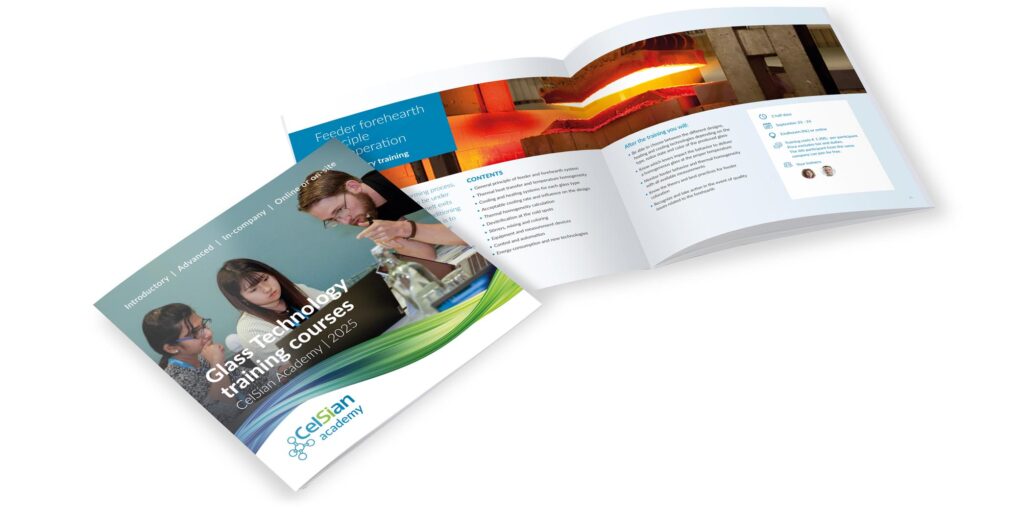
UPCOMING COURSES
PAST COURSES

